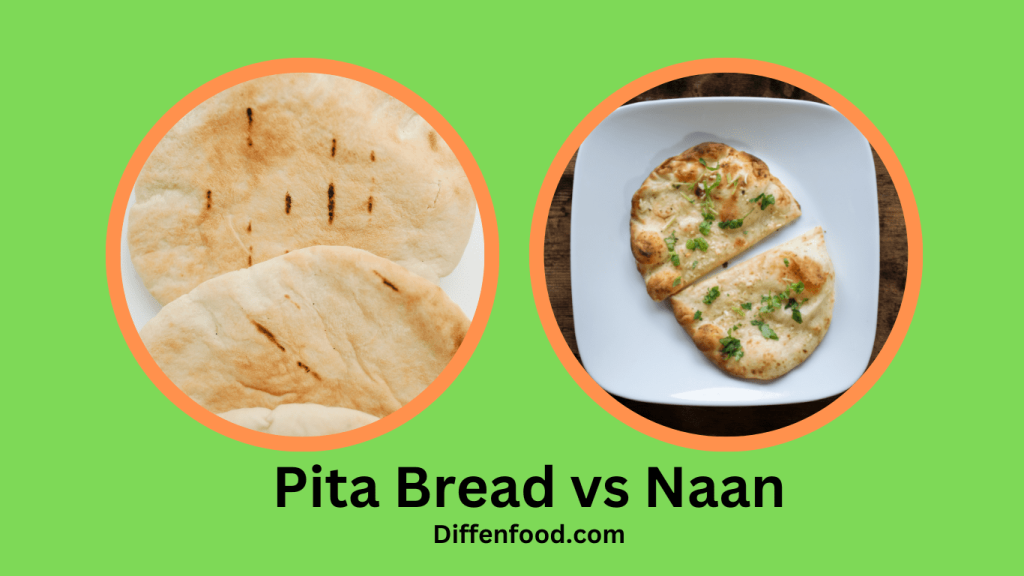
Are you looking for a substitute for shortening in your baking projects? If so, you’ve come to the right place! Shortening is a key ingredient in many baked goods, but it’s not the only option out there. In this post, we’ll explore some of the best substitutes for shortening and how to use them in your baking. So let’s get started!
What is Shortening?
Shortening is a type of fat used in baking and cooking. It is made from vegetable oils that have been hydrogenated, or chemically altered, to make them solid at room temperature. Shortening is a key ingredient in some recipes, as it helps to give baked goods a light and fluffy texture. It also helps to make them hold their shape better when cut into shapes.
What are the Alternatives to Shortening?
While shortening is the traditional choice for baking, there are a few alternatives that can be used in its place. Here are some of the best substitutes for shortening:
Butter
One of the most popular substitutes for shortening is butter. Butter is a natural product made from cream, and it is a great choice for baking. The flavor of butter is often preferred to that of shortening, and it also adds moisture to baked goods. However, butter will not give baked goods the same light and fluffy texture that shortening does.
Margarine
Margarine is a type of butter substitute made from vegetable oils and other additives. It is usually hydrogenated, like shortening, and this helps to give baked goods the same light and fluffy texture. Margarine is often used as a substitute for shortening in recipes, as it is a more economical choice than butter.
Coconut Oil
Coconut oil is another great substitute for shortening. It is a natural product made from the flesh of coconuts, and it has a mild flavor that won’t overpower the flavor of your baked goods. Coconut oil is high in saturated fats, which helps to give baked goods the same light and fluffy texture that shortening does.
Applesauce
Applesauce proves to be an excellent option for baking due to its ability to enhance moisture and provide a natural sweetness to various baked delicacies. While it can serve as a substitute for shortening in certain recipes, it’s important to note that the resulting texture may differ, as applesauce may not yield the same light and fluffy consistency typically achieved with shortening.
Yogurt
Yogurt is another great substitute for shortening. It is a natural product derived from milk, imparting both moisture and flavor to baked goods. Although yogurt can be utilized as a substitute for shortening in certain recipes, it does not yield the same light and fluffy texture typically achieved with shortening.
How to Use Alternatives to Shortening
When substituting shortening with one of the alternatives listed above, it is important to remember that they may not give baked goods the same texture as shortening does. Here are some tips for using each of the substitutes:
Butter
When using butter as a substitute for shortening, use a ratio of two parts butter for every one part shortening. This will help to ensure that your baked goods have the same light and fluffy texture.
Margarine
When using margarine as a substitute for shortening, use a ratio of one part margarine for every two parts shortening. This will help to ensure that your baked goods have the same light and fluffy texture.
Coconut Oil
When using coconut oil as a substitute for shortening, use a ratio of one part coconut oil for every three parts shortening. This will help to ensure that your baked goods have the same light and fluffy texture.
Applesauce
When using applesauce as a substitute for shortening, use a ratio of one part applesauce for every four parts shortening. This will help to ensure that your baked goods have the same light and fluffy texture.
Yogurt
When using yogurt as a substitute for shortening, use a ratio of one part yogurt for every five parts shortening. This will help to ensure that your baked goods have the same light and fluffy texture.
Conclusion
Finding the right substitute for shortening can be a challenge, but it can be done! The key is to find the right balance between flavor, texture, and cost. Butter, margarine, coconut oil, applesauce, and yogurt are all great alternatives to shortening, and they can help to give your baked goods the same light and fluffy texture. With a little experimentation, you’ll be able to find the perfect substitute for shortening in your recipes!


